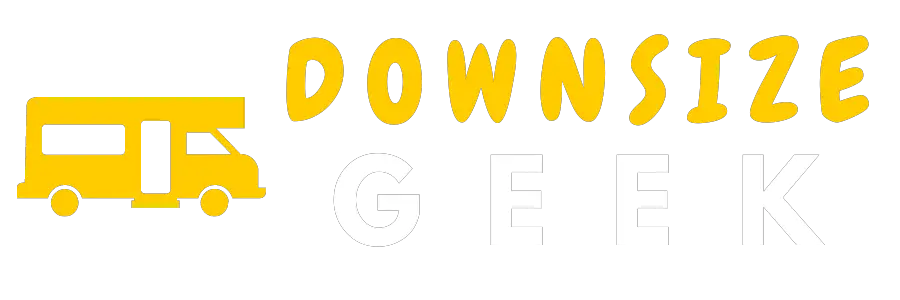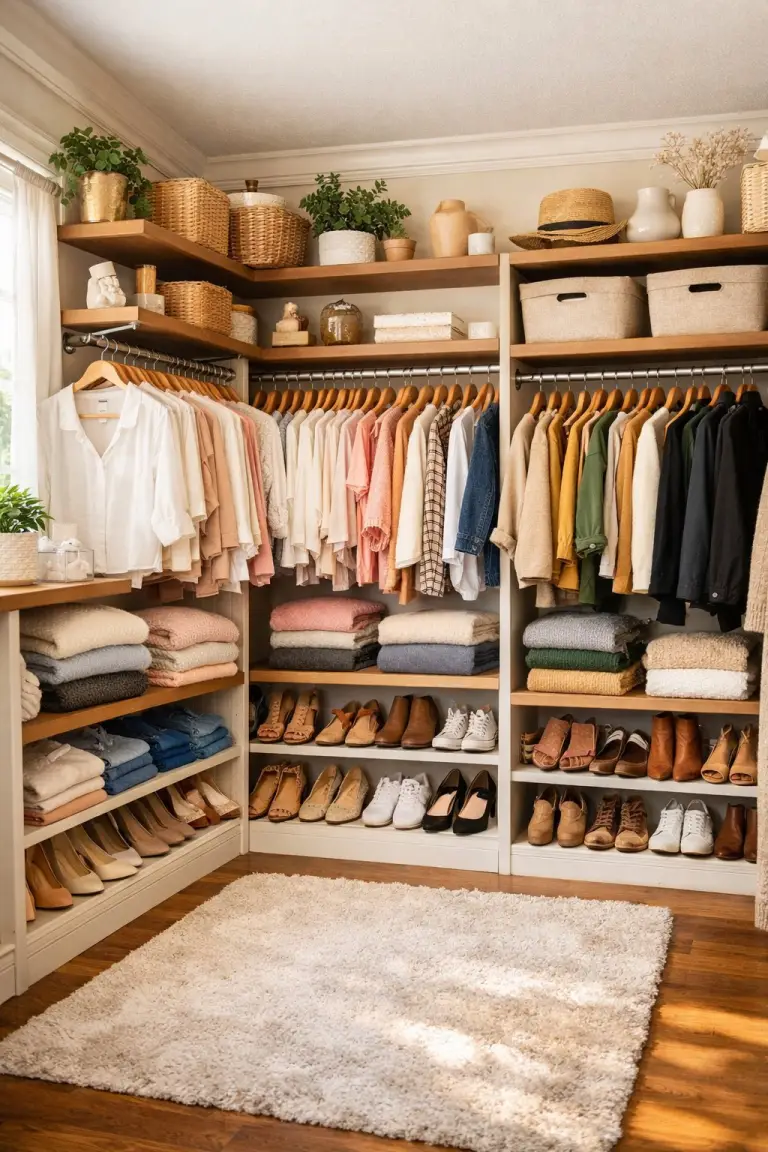Why Are Mobile Homes So Cheap: Understanding the Factors Behind the Low Cost of Manufactured Housing
Mobile homes are a popular option for affordable housing, but many people wonder why they are so cheap compared to traditional stick-built homes. One of the primary reasons for the lower cost of mobile homes is the construction process. Unlike traditional homes, which are built on-site, mobile homes are built in a factory and then transported to their final location. This mass-production process allows for lower costs and faster construction times.
Another reason for the affordability of mobile homes is the materials used in their construction. Mobile homes are typically made from lightweight, cost-effective materials that are easy to transport and assemble. This includes materials like vinyl siding, aluminum framing, and particleboard flooring. While these materials may not be as durable or long-lasting as those used in traditional homes, they are more than sufficient for the needs of most mobile home residents.
Overall, the lower cost of mobile homes is due to a combination of factors, including the mass-production process, the use of lightweight materials, and the simpler construction process. While mobile homes may not be as luxurious or long-lasting as traditional homes, they offer an affordable housing option for those who need it.
Cost Factors of Mobile Homes
Mobile homes are widely known for their affordability, but what makes them so cheap? There are several factors that contribute to the relatively low cost of mobile homes.
Manufacturing and Materials
One of the main reasons why mobile homes are so affordable is due to the way they are manufactured. Unlike traditional homes, mobile homes are mass-produced in factories, which allows for economies of scale. This means that the cost of production is significantly reduced, resulting in a more affordable price for the consumer.
Mobile homes are also made from cheaper materials, such as steel frames and cheaper insulation, which further reduces the cost of production. The simple design of mobile homes also means that they require less expensive materials to construct.
Ownership and Land Use
Another factor that contributes to the affordability of mobile homes is their ownership and land use. Unlike traditional homes, mobile homes are often owned by the occupant but not the land they sit on. This means that property taxes and other costs associated with land ownership are not a factor in the cost of the mobile home itself.
Mobile homes are also designed to be placed on a variety of different types of land, including rented land in mobile home parks. This flexibility in land use allows for a wider range of affordable housing options.
Financing and Depreciation
Financing also plays a role in the affordability of mobile homes. Interest rates on mobile home loans are often lower than those for traditional home loans, making them more accessible to a wider range of people.
However, it’s important to note that mobile homes also depreciate in value much faster than traditional homes. This means that they may not be as good of an investment in the long term. Additionally, delivery costs and site preparation can add to the overall cost of a mobile home.
In conclusion, the affordability of mobile homes can be attributed to a combination of factors, including mass production, cheaper materials, flexible land use, and lower interest rates. However, it’s important to consider the potential drawbacks, such as depreciation and delivery costs, before making a decision to purchase a mobile home.
Comparisons and Considerations
Mobile Homes vs. Traditional Homes
When it comes to buying a home, there are two main options: mobile homes and traditional homes. Mobile homes are generally much cheaper than traditional homes, but they also come with some unique considerations.
One of the biggest differences between mobile homes and traditional homes is the way they are built. Mobile homes are built in a factory and then transported to their final location, while traditional homes are built on-site. This means that mobile homes can be built much more quickly and efficiently than traditional homes, which helps to keep costs down.
Another factor that contributes to the lower cost of mobile homes is the fact that they are considered personal property, rather than real property. This means that they are subject to different tax and financing rules than traditional homes.
However, there are also some downsides to mobile homes. They are often less durable than traditional homes and can be more difficult to sell. Additionally, they may not appreciate in value as much as traditional homes.
Pros and Cons of Mobile Home Living
If you are considering buying a mobile home, it is important to weigh the pros and cons carefully. On the one hand, mobile homes offer a number of advantages over traditional homes.
For one thing, mobile homes are much more affordable than traditional homes, which makes them a great option for people who are on a tight budget. Additionally, mobile homes are often located in communities that offer a range of amenities, such as swimming pools, playgrounds, and community centers.
However, there are also some downsides to living in a mobile home. For one thing, mobile homes can be difficult to finance, as they are considered personal property rather than real property. Additionally, mobile homes may not be as durable as traditional homes, and they may be more difficult to sell.
Overall, whether or not a mobile home is a good investment depends on a variety of factors, including market conditions, the quality of the home, and the location of the home. It is important to carefully consider all of these factors before making a decision.
Frequently Asked Questions
What are the hidden costs associated with purchasing a mobile home?
When purchasing a mobile home, there are some additional costs that buyers need to take into account beyond the initial purchase price. These costs may include delivery and installation fees, site preparation costs, and utility hook-up fees. Buyers should also consider ongoing maintenance costs and potential repair expenses.
Can investing in a mobile home be considered a good financial decision?
Mobile homes can be a good financial decision for some individuals, particularly those who are looking for affordable housing options. However, it is important to carefully consider all of the associated costs before making a purchase. Additionally, mobile homes typically do not appreciate in value over time like traditional homes, so buyers should not expect to make a significant profit if they decide to sell in the future.
What are the pros and cons of living in a manufactured home?
There are several advantages to living in a manufactured home, including lower upfront costs, lower monthly expenses, and the ability to move the home if necessary. However, there are also some potential drawbacks to consider, such as limited customization options, lower resale value, and a negative stigma associated with mobile homes.
Why do mobile homes typically have a lower resale value?
Mobile homes typically have a lower resale value than traditional homes due to a variety of factors. For one, they are often constructed with lower-quality materials and are less durable than stick-built homes. Additionally, mobile homes are often located in trailer parks or other areas that are perceived as less desirable, which can negatively impact their value.
What factors contribute to the negative perception of mobile homes?
There are several factors that contribute to the negative perception of mobile homes, including their association with poverty and lower-income individuals. Additionally, mobile homes are often viewed as less desirable than traditional homes due to their lower-quality construction and limited customization options.
Are there any significant disadvantages to residing in a mobile home?
While mobile homes can be a great option for some individuals, there are some potential disadvantages to consider. For example, mobile homes are often located in areas that are prone to natural disasters, such as hurricanes and tornadoes. Additionally, mobile homes may not be as energy-efficient as traditional homes, which can lead to higher utility bills.










